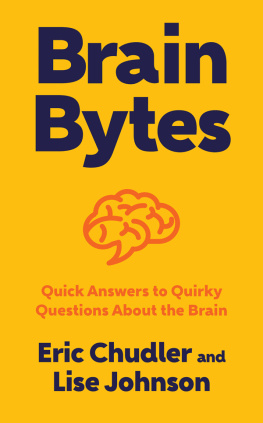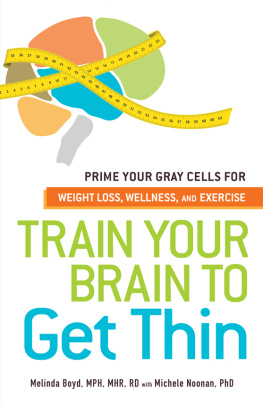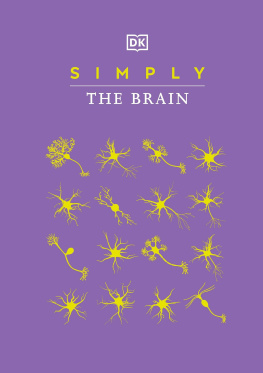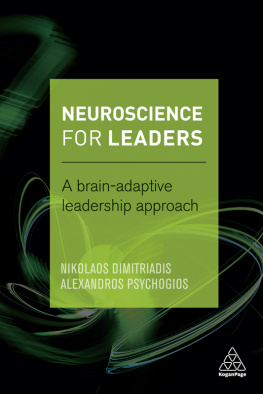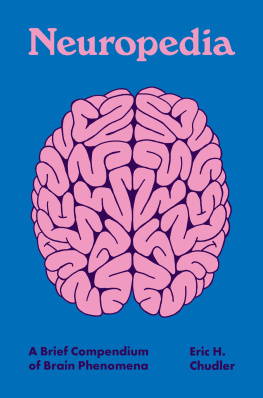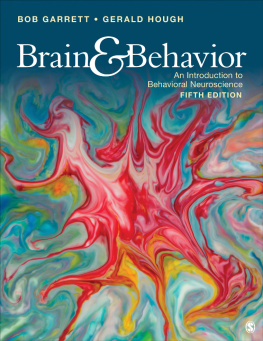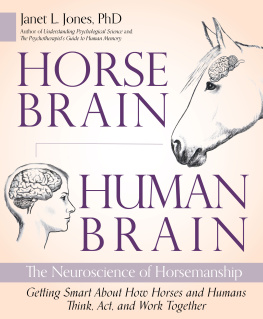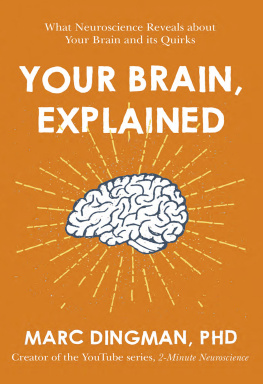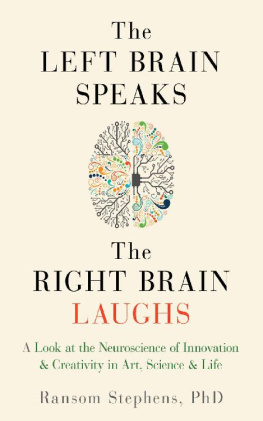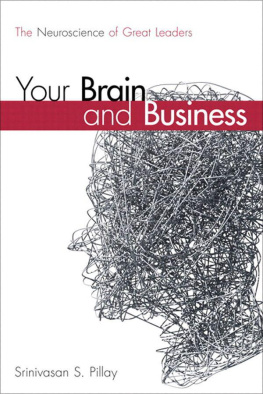
I loved this book! The information is conveyed in an easy-to-understand manner, but also delves more deeply into the analysis of whats happening on a neurological level for those who wish to know more. Educators will appreciate the question-first style, as it allows for easy reference to student questions. For educators, many of the chapters are great for jumpstarting creative neuroscience lessons, starting a fish bowl discussion or Socratic seminar, or for use as a writing prompt. What a great gift!
Brigitte Tennis , National Teachers Hall of Fame 2015, Headmistress & Eighth Grade Teacher, Stella Schola Middle School

Brain Bytes
Quick Answers to Quirky Questions About the Brain
Eric H. Chudler and Lise A. Johnson
Illustrated by Kelly S. Chudler

Copyright 2017 by Eric Chudler and Lise A. Johnson
Illustrations copyright 2017 by Kelly S. Chudler
All rights reserved
First Edition
For information about permission to reproduce selections from this book, write to Permissions, W. W. Norton & Company, Inc.,
500 Fifth Avenue, New York, NY 10110
For information about special discounts for bulk purchases, please contact W. W. Norton Special Sales at specialsales@wwnorton.com or 800-233-4830
Book design by Nick Caruso
Production manager: Christine Critelli
The Library of Congress has cataloged the printed edition as follows:
Names: Chudler, Eric H., author. | Johnson, Lise A., author.
Title: Brain bytes : quick answers to quirky questions about the brain /
Eric Chudler and Lise A. Johnson ; illustrations by Kelly S. Chudler.
Description: New York : W.W. Norton & Company, 2017. | Includes
bibliographical references.
Identifiers: LCCN 2016029072 | ISBN 9780393711448 (hardcover)
Subjects: LCSH: Brain--Miscellanea. | Neurosciences--Miscellanea.
Classification: LCC QP376 .C493 2017 | DDC 612.8/2--dc23 LC record available at https://lccn.loc.gov/2016029072
ISBN 978-0-393-71145-5 (e-book)
W. W. Norton & Company, Inc.
500 Fifth Avenue, New York, N.Y. 10110
www.wwnorton.com
W. W. Norton & Company Ltd.
15 Carlisle Street, London W1D 3BS
Important Note: Brain Bytes is intended to provide general information on the subject of health and well-being; it is not a substitute for medical or psychological treatment and may not be relied upon for purposes of diagnosing or treating any illness. Please seek out the care of a professional healthcare provider if you are pregnant, nursing, or experiencing symptoms of any potentially serious condition.

CONTENTS

We thank Steve Johnson for his careful reading of this book and for his many helpful comments and suggestions.

Neuroscience is everywhere. From magazine covers to Hollywood blockbusters, the brain is front and center. This popular media exposure has inspired many questions from people who wonder just what is going on in the three pounds of tissue between their ears. Answers to some of these questions have been provided by neuroscientists, whereas answers to other questions remain unclear. In this book we answer some unusual questions about the structure and function of the brain. We encourage you to verify our responses with other resources. We hope you will be surprised by our answers and, most important, we hope to motivate you to ask more questions. There is still much to learn.

Brain Bytes

A
The brain was not always held in high esteem. For example, while preparing mummies, the ancient Egyptians preserved the heart, liver, stomach, intestines, kidneys, and lungs of the deceased, but they scooped out the brain through the nose and threw it away. The heart, not the brain, was thought to be responsible for thinking, sensing, and feeling. The ancient Egyptians, however, are credited for the oldest written record using the word brain in the Edwin Smith Surgical Papyrus.
Greek philosopher and physician Hippocrates (460377 BCE) asserted that the brain was responsible for intelligence and emotion. This line of thinking differed from that of the Egyptians and was likely the result of Hippocratess observations of people who suffered from brain damage. Hippocrates also attributed epilepsy to a disorder of the brain, not to a supernatural source.
Although Hippocratic views about the brain were adopted by many later scholars, Greek philosopher Aristotle (384322 BCE) held on to the belief that the heart was the seat of sensation and movement. According to Aristotle, the brain served only to cool the blood. Greek physician Galen (129 CE?) was well aware of the views of Hippocrates and Aristotle. Galen dissected the brains and nerves of many different animals, but not those of humans. Nevertheless, his experiments with animals and his observations of people after they suffered head injuries led him to reject Aristotles view about the importance of the heart and agree with the Hippocratic view that the brain was the location of the mind.
Galen was wrong about his many descriptions of human neuroanatomy because he had only nonhuman brains to study. Regardless of these errors, his teachings about the nervous system persisted for hundreds of years.
For more information about the history of neuroscience, turn to Appendix 6 for a list of many milestones in brain research.
Reference
Finger, S., Origins of Neuroscience (New York: Oxford University Press, 1994).


A
Reading a persons personality, character, and intelligence from the bumps on their head was very popular in the 1800s. This method, called phrenology, was developed by German physician Franz Joseph Gall (17581828) and popularized in the United States by Johann Spurzheim (17761832).
Phrenology was built on the idea that distinct personality characteristics are located in specific areas of the brain, and bumps or dents on the skull reflected the strength or weakness of these brain areas. Gall used the skulls of prominent writers, scholars, and politicians as well as criminals and people with cognitive problems to construct his model because he thought specific traits and their cranial roadmaps would be more apparent in these individuals. His original maps had 27 different personality characteristics including pride, cunning, wisdom, poetic talent, memory for people, memory for words, and sense of numbers. Spurzheim later added eight more characteristics to the map.
Next page
